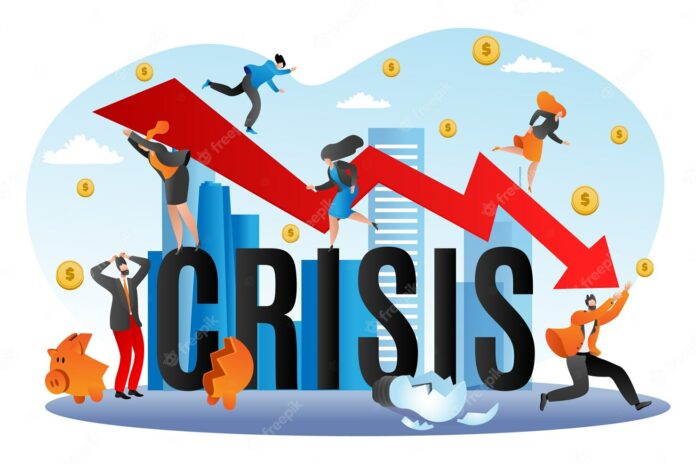Silicon Valley Bank is a good reminder that startups, often entrenched in the world of risk and ruin, sometimes forget to think about the obvious: crisis points. But just as it makes sense to trust a community-friendly bank, it makes sense to trust just one person to drive your business to success. Now that we've seen that the former doesn't really work, maybe it's time to rethink the latter.
In surveys of several early-stage founders building companies that have raised a Serie A or less, to understand how they think about succession. The consensus is that it's not top of mind, or even top of the list, in a world where founders are more focused on catwalk, fit, and product market growth.
Can that be changed?
Taking the success of a company beyond the individual founder or CEO tasked with being its face is difficult. There's a reason VCs love co-founders: Eighty percent of billion-dollar companies launched since 2005 have had two or more founders, as you can tell. appreciate yourself in a studio. At the same time, co-founder breakups are one of the most common reasons startups fail. Contradictions that the market adores!
Despite the fact that this concept has gone around the ever-fickle block of technology several times over, there's a reason the alarm bell is now ringing. Quite a few founders who had to quit their jobs due to the stress it was putting on their mental health. The volatility of last week even inspired a pathway to mental health, led by Pioneer Mind. It has already garnered the support of more than 100 technology institutions and individuals, including Brad Feld, Atomico and Flybridge.
Since proactivity is the most important thing, why don't we better prepare for transition plans in case someone on the founding team wants to step down?
But as is often the case, the answer is simple: founders don't think about succession planning because they're busy trying to disrupt the tools that protect the earth or fix our email. Who wants to think about his own succession in a company he's trying to build?
Greylock's partner, Reid Hoffman, published a frame in 2021 on how to best identify which teams bring the most value to an organization (and thus can be leveraged for a more collective approach to leadership). He tells leaders to look at their different functional areas, be it engineering, sales, marketing, product, finance, etc., and pick one as the "top driver of success."
"Sometimes, it's not obvious," he writes. “Many default to sales (because that's what drives revenue) or product (because that's what customers buy). But for some companies, the secret sauce could be engineering or finance. And the main driver could even change at key moments during the life of the business.”
SJ Sacchetti, Cleo's former CEO, quit to care for her aging parents. She is now the commercial director of the company; she joined the Equity podcast last month to discuss the stigma of walking away from a management role.
"There should never be so much on one person's shoulder, and if there is, you have to wonder why that is and how it works," he said at the time. “I think part of our celebration in startup culture is the cult of a founder, and I think that's what gets us in trouble with some of the biggest headlines of the last five years just in tech.”
Her perspective is that startups are relay races between groups of people, an approach focused on collectivism that she believes women "understand particularly well."
Sachetti said that "the other element of this period is the impact of prolonged crisis management for technology executives and diminishing returns," he said.
The success of a startup often comes down to a seed or ambition of a person who dares to dream. Sometimes the strongest characteristic of an entrepreneur is being an outlier who doesn't think too much about macroeconomic failures. At the same time, it is a lack of focus and discipline that has triggered a wave of layoffs that has cost tens of thousands of people their jobs; Just this week there were cuts to Course Hero, Klaviyo, and Launch House. There is irony and contradiction.
Balancing ambitious risk and necessary caution is the art of being an enduring entrepreneur. In order not to let last week's crisis go to waste, founders should feel more comfortable planning ahead, even if the future doesn't include them.




